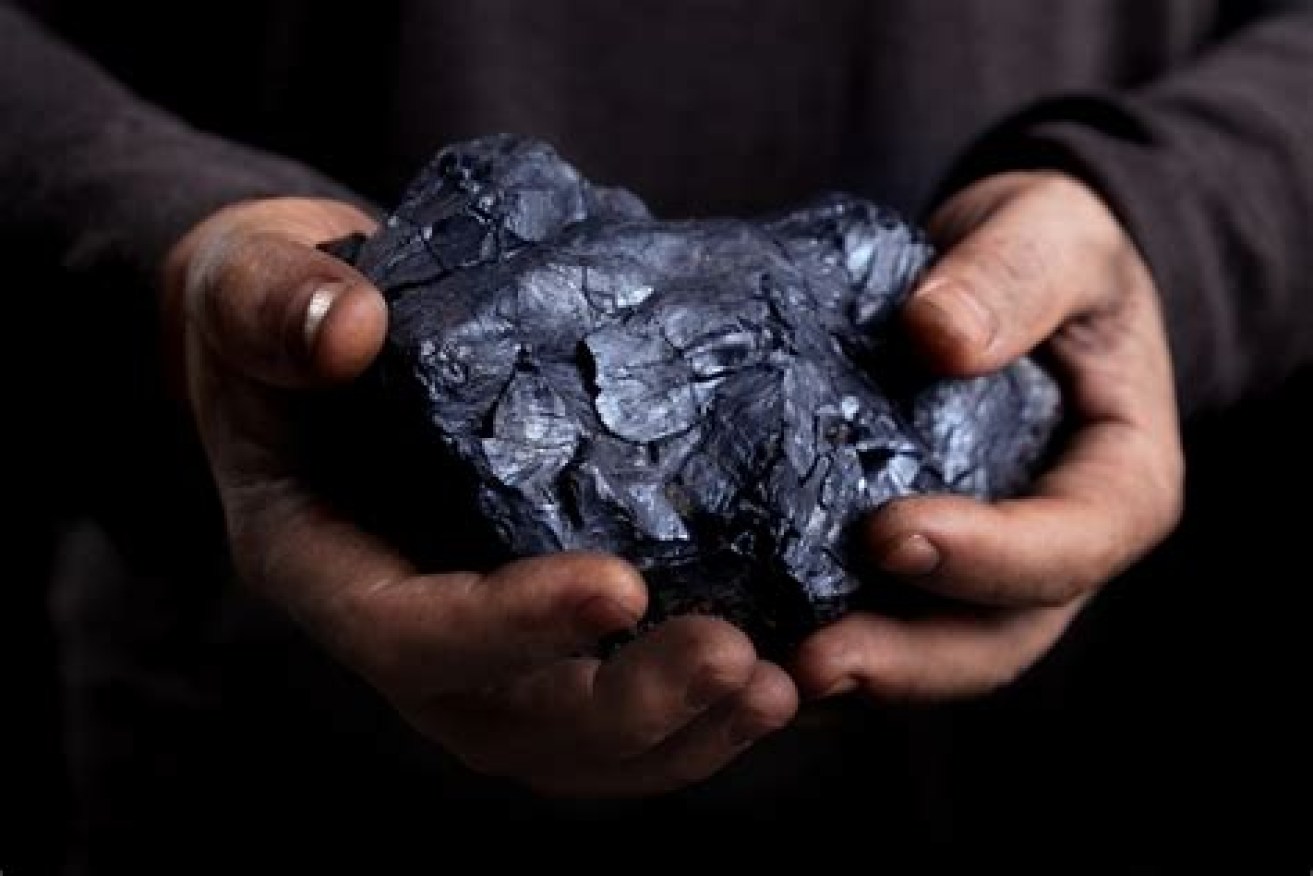Brookfield blow as coal terminal to be regulated for another 10 years
The State Government has dealt asset manager Brookfield a blow by declaring its Dalrymple Bay Coal Terminal a service that would be regulated for the next 10 years.


The coal industry has found a cause to rally around
The period of declaration of the terminal was due to expire in September and the decision from the Treasurer will now extend that until 2030. The terminal is a common user facility, owned by the Queensland State Government and leased to Brookfield-owned DBCT Management for a 50-year term.
The Central Queensland Coal Network’s rail line have also been maintained as regulated assets.
In the Queensland Gazette, Treasurer Cameron Dick said the QCA recommended that declaration of the DBCT service would not promote a material increase in competition in these other markets.
“I do not accept all the reasons for this conclusion set out in the QCA analysis, as I have determined that declaration is likely to promote a material increase in competition in the development stage tenements market,” he said.
“However, I note the lack of stakeholder material to support a conclusion that declaration would promote a material increase in competition in these other markets. Given this lack of material, I am not satisfied that access (or increased access) as a result of declaration of the DBCT service would promote a material increase in competition in any of the other identified markets.”
The port, near Mackay, services mines in the Goonyella system and recent figures showed that it handled 31 per cent of Queensland’s total coal exports, and that coal exported through DBCT contributed about $1.2 billion of the revenue and directly and indirectly employed about 350 workers.
“I am satisfied that declaration would have a net positive impact on the incentives to invest in facilities,” Dick said.
“I consider that access as a result of declaration of the DBCT service would promote efficient entry into the development stage tenements market, such that efficient entry into that market would be materially affected, compared to without declaration.
“This is likely to result in efficient investment in mining operations that is likely to have an overall impact on the
incentives to invest in the coal supply chain more generally.”
“In reaching this conclusion I note and accept the QCA analysis that the risk of asset stranding is low; regulatory error is unlikely to have a material negative impact on investment incentives; declaration is unlikely to lead to investment delays compared to a future without declaration, and declaration is unlikely to distort the inter-terminal pattern of investment.”
He said declaring DBCT a service and therefore a regulated asset would promote investment in the coal supply chain in the coal haulage services market (above-rail services) and the rail access market (below-rail services) compared to a future without declaration.
“I am therefore satisfied that declaration would have a net positive impact on investment in other facilities.”
The Queensland Resources Council chief executive Ian Macfarlane said the decision meant the critical pieces of economic infrastructure would be under the independent regulatory oversight by the Queensland Competition Authority, which will set conditions on the access and pricing of these regulated monopoly businesses.
“This is not a small technical point. It gives our coal industry, which delivers $1 billion to the Queensland economy every week and employs 11% of Queenslanders in the workforce, greater regulatory certainty. With that greater regulatory certainty, industry can invest and employ more with confidence,” Macfarlane said.
“That is good news for Queensland and great news for Queensland jobs, at a time when we need them.”
“The resources sector has kept Queenslanders working through the COVID-19 response and we know that we can play a central role in Queensland’s COVID-19 recovery.”












